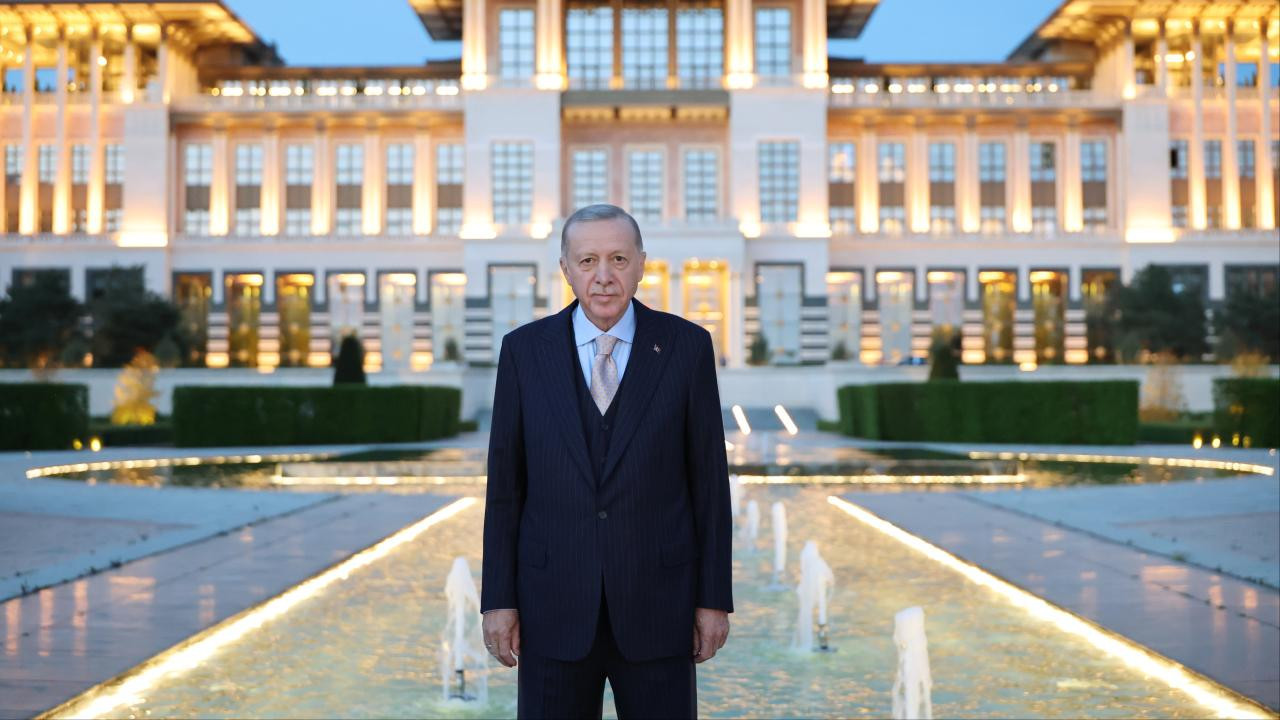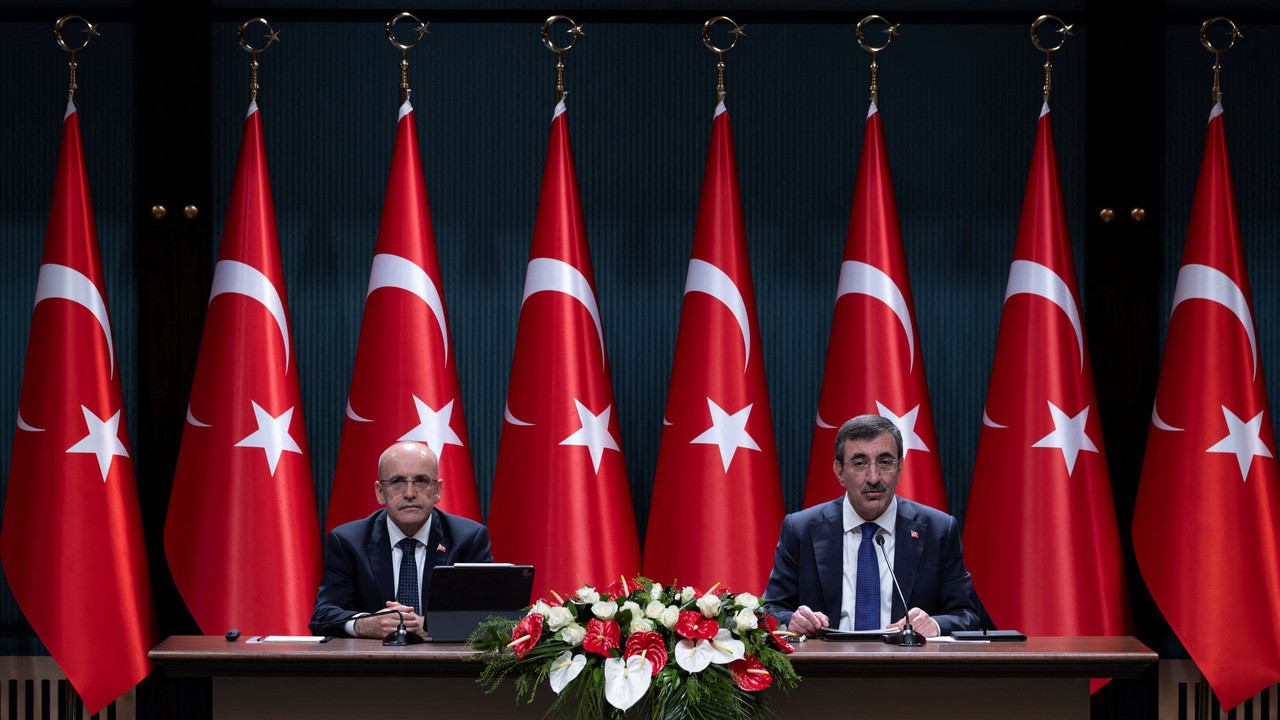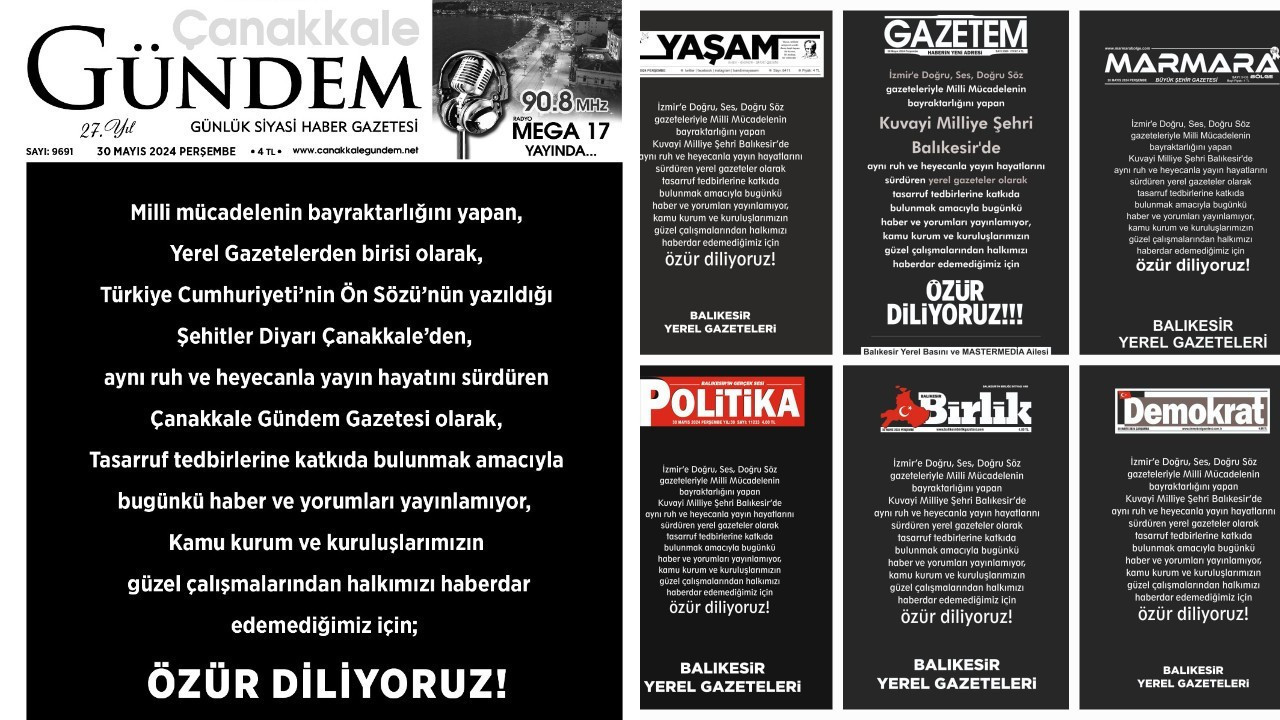Erdoğan’s discretionary fund increase by 205 pct in one year
Despite the Turkish government’s claims to implement comprehensive public saving measures, President Erdoğan’s discretionary fund increased by 205 percent in one year. The government’s promotional and hospitality budget, announced to be cut drastically, ran out of 74 percent in the first six months.
Duvar English
The central government budget posted a deficit of 275.3 billion Turkish liras ($8.5 billion) in June, marking the first month of implementation for the government's comprehensive public savings circular.
President Recep Tayyip Erdoğan’s office alone spent 932 million liras ($28.16M) from its discretionary funds in June, according to the reporting of daily BirGün.
During the first half of the year, 5.96 billion liras were spent from the fund, which is available for Erdoğan’s use and not subject to accountability. This represented a 205 percent increase compared to the 1.95 billion liras spent from the fund in the first half of 2023.
Additionally, Erdoğan's palace's overall expenditures reached 4.98 billion liras ($151.7M) in the January-May period.
During June, the government raised strong resistance against raising the minimum wage and pensions due to a lack of available funds.
Nonetheless, the palace has spent 81 minimum wage per hour in the first five months of 2024 without considering the discretionary fund.
Government's spending accelerates despite public saving measures
In the first half of the year, 74 percent of the promotional and hospitality expenditures, which were to be cut by 25 percent according to the savings circular announced by the Treasury and Finance Minister Mehmet Şimşek, were spent.
In the circular published in May, the government stated that the promotional and hospitality allowances would not be used except in mandatory cases. Activities such as trips, cocktails, dinners, etc. was banned except for international meetings and national holidays.
In June, 51.4 million liras were recorded as representation, promotion, and hospitality expenses, while 19.5 million liras were recorded as meeting and organization expenses. These expenses, which were 521.274 million liras in the January-June period of last year, nearly tripled to 1.375 billion liras in 2024.
Rental transactions, often cited as the largest wasteful expenditures in the public sector, have also increased drastically. The largest aircraft rental of the year was recorded in June, amounting to 573.7 million liras. Aircraft rentals costed 1.58 billion liras in the January-June period, compared to 727.65 million liras in the same period last year.
Rental payments, which increased by 108 percent in the January-May period compared to the same period last year, reached 9.6 billion liras. Some 2.61 billion liras were spent for merely car rentals.
The amount of public funds allocated to institutions designated as "non-profit organizations," reached 1.56 billion liras in the first half of the year. An additional 178.46 million liras was allocated to unspecified "non-profit" organizations categorized as "other."
Under the category of stationery, publication, and printing expenses, a total of 5.32 billion liras was spent in the first half of the year. Printing expenses, which increased by 48 percent compared to the same period last year, reached 3.5 billion liras despite government’s dedication to switching “electronic services.”
The expenditure of the Directorate of Religious Affairs, whose budget exceeded many ministries, was 46.73 billion liras in the January-June period. Accordingly, the directorate has spent 259.62 million liras per day for the past six months.

 Erdoğan’s presidential palace spends 81 minimum wage per hourPolitics
Erdoğan’s presidential palace spends 81 minimum wage per hourPolitics Turkish Finance Ministry announces comprehensive public savings measuresEconomy
Turkish Finance Ministry announces comprehensive public savings measuresEconomy Turkey’s local newspapers protest public savings curbing official ad revenuesMedia
Turkey’s local newspapers protest public savings curbing official ad revenuesMedia